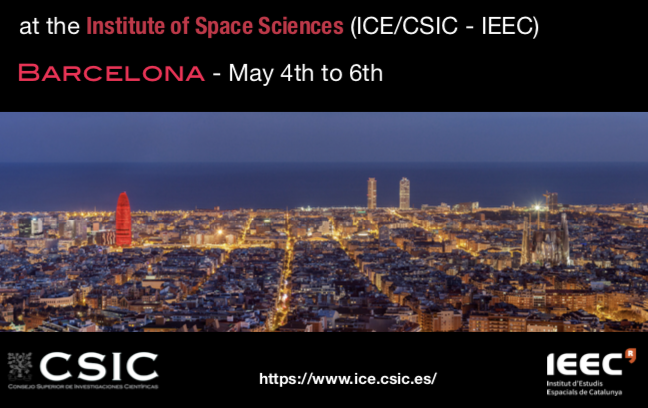Speaker
Description
Numerical simulations constitute a key ingredient in cosmological analysis, especially in the field of Large-Scale Structure. In particular, they have been widely used to inform, validate, compare and improve models of galaxy clustering. However, their use on those aspects is limited by their intrinsic variance, determined by the simulated volume, limited by computational resources at fixed mass resolution. In the past, Fixed and Paired simulations (Angulo & Pontzen, 2016) have been proposed to reduce the variance, increasing the effective volume. Additionally, if we simulate two cosmologies with the same initial phases, their intrinsic noise is correlated and we are able to cancel out most of it. For the first time, we show how to explicitly use the reduction of variance induced by both techniques to significantly increase the capability of model testing of simulations. We apply these techniques to test the standard modeling of halo clustering in the presence of local Primordial Non-Gaussianities (PNG) (Dalal et al. 2008). PNG has been shown to induce a characteristic scale-dependent bias that increases the clustering at very large scales. This is a very promising observable to constrain inflationary models, parameterized with fnl (being fnl=0 in a Gaussian cosmology). We show that the techniques presented here can reduce the inferred errorbar on fnl by a factor of ~7, this means that we increase by a factor of 7 the accuracy that we can probe on our model. Equivalently, these techniques represent an increment of the effective simulated volume by a factor of ~50, or a reduction of a factor ~300 in the computing resources. These are powerful promising techniques that will allow us to reach the era of subpercent precision –but also accuracy– cosmology.

